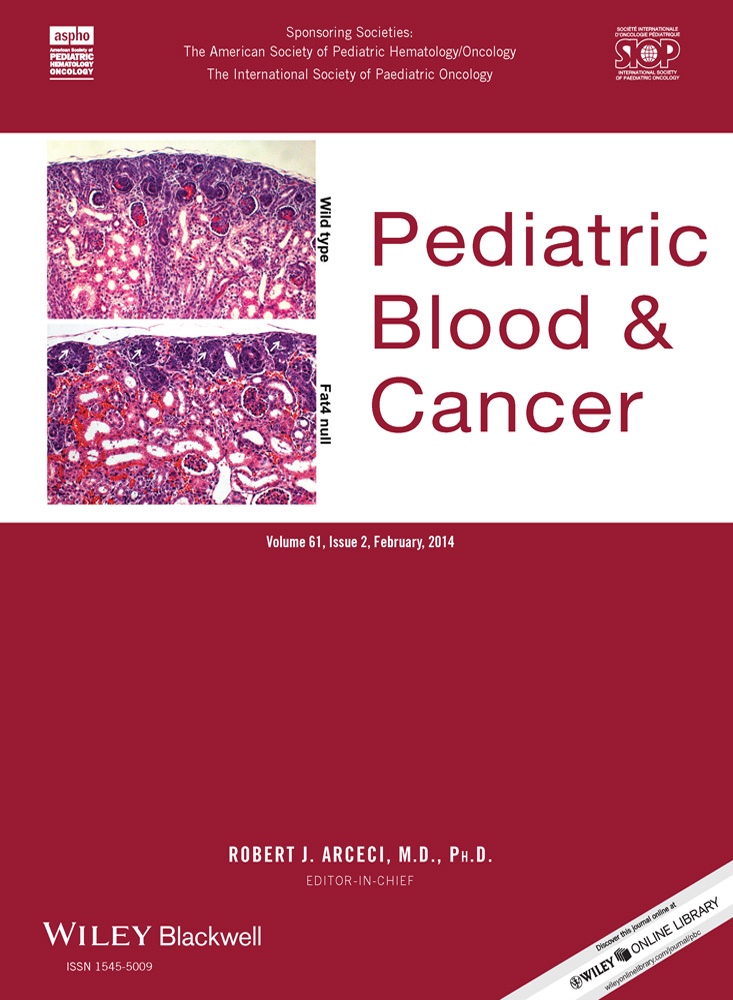Information provision and information needs in adult survivors of childhood cancer
Abstract
Background
Knowledge about their past medical history is central for childhood cancer survivors to ensure informed decisions in their health management. Knowledge about information provision and information needs in this population is still scarce. We thus aimed to assess: (1) the information survivors reported to have received on disease, treatment, follow-up, and late effects; (2) their information needs in these four domains and the format in which they would like it provided; (3) the association with psychological distress and quality of life (QoL).
Procedure
As part of the Follow-up survey of the Swiss Childhood Cancer Survivor Study, we sent a questionnaire to all survivors (≥18 years) who previously participated to the baseline survey, were diagnosed with cancer after 1990 at an age of <16 years.
Results
Most survivors had received oral information only (on illness: oral: 82%, written: 38%, treatment: oral: 79%, written: 36%; follow-up: oral: 77%, written: 23%; late effects: oral: 68%, written: 14%). Most survivors who had not previously received any information rated it as important, especially information on late effects (71%). A large proportion of survivors reported current information needs and would like to receive personalized information especially on late effects (44%). Survivors with higher information needs reported higher psychological distress and lower QoL.
Conclusions
Survivors want to be more informed especially on possible late effects, and want to receive personalized information. Improving information provision, both qualitatively and quantitatively, will allow survivors to have better control of their health and to become better decision makers. Pediatr Blood Cancer 2014;61:312–318. © 2013 Wiley Periodicals, Inc.




